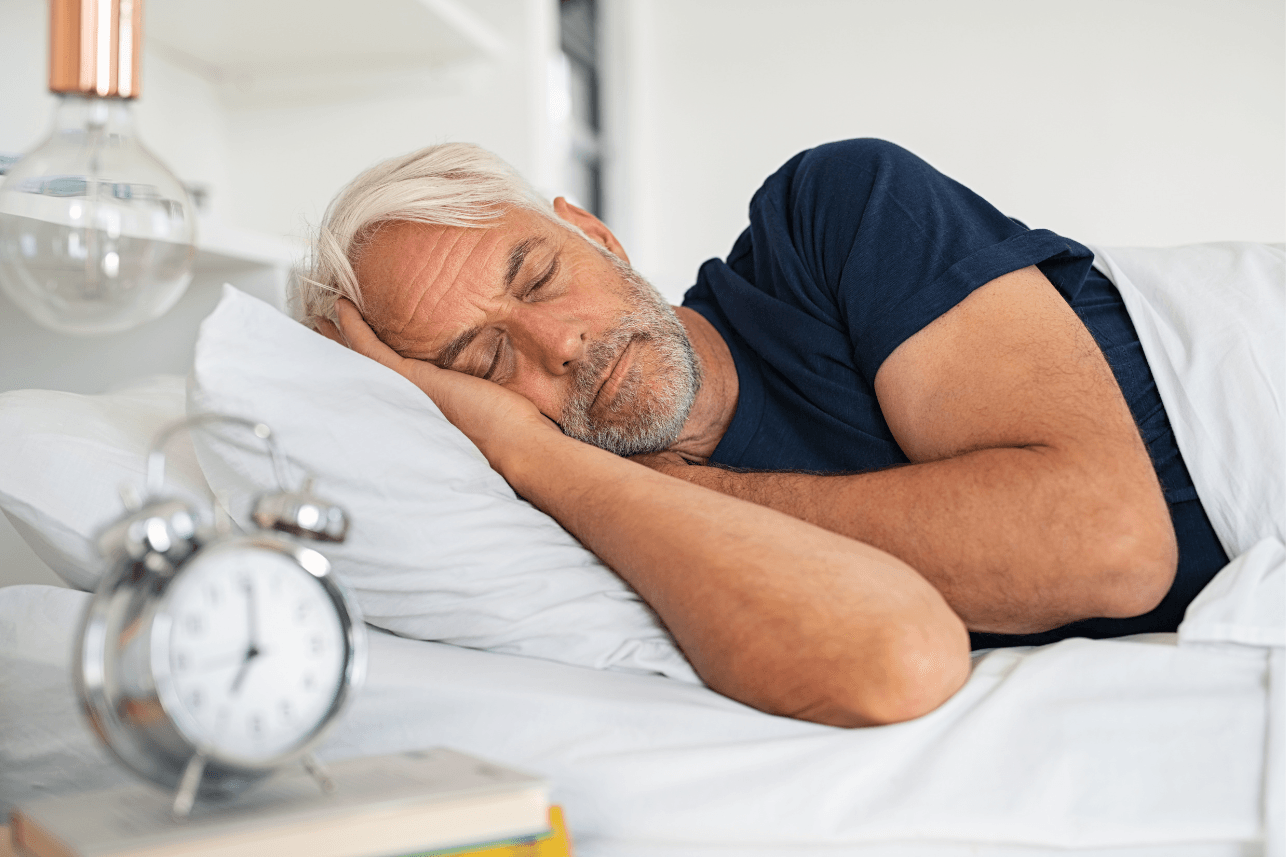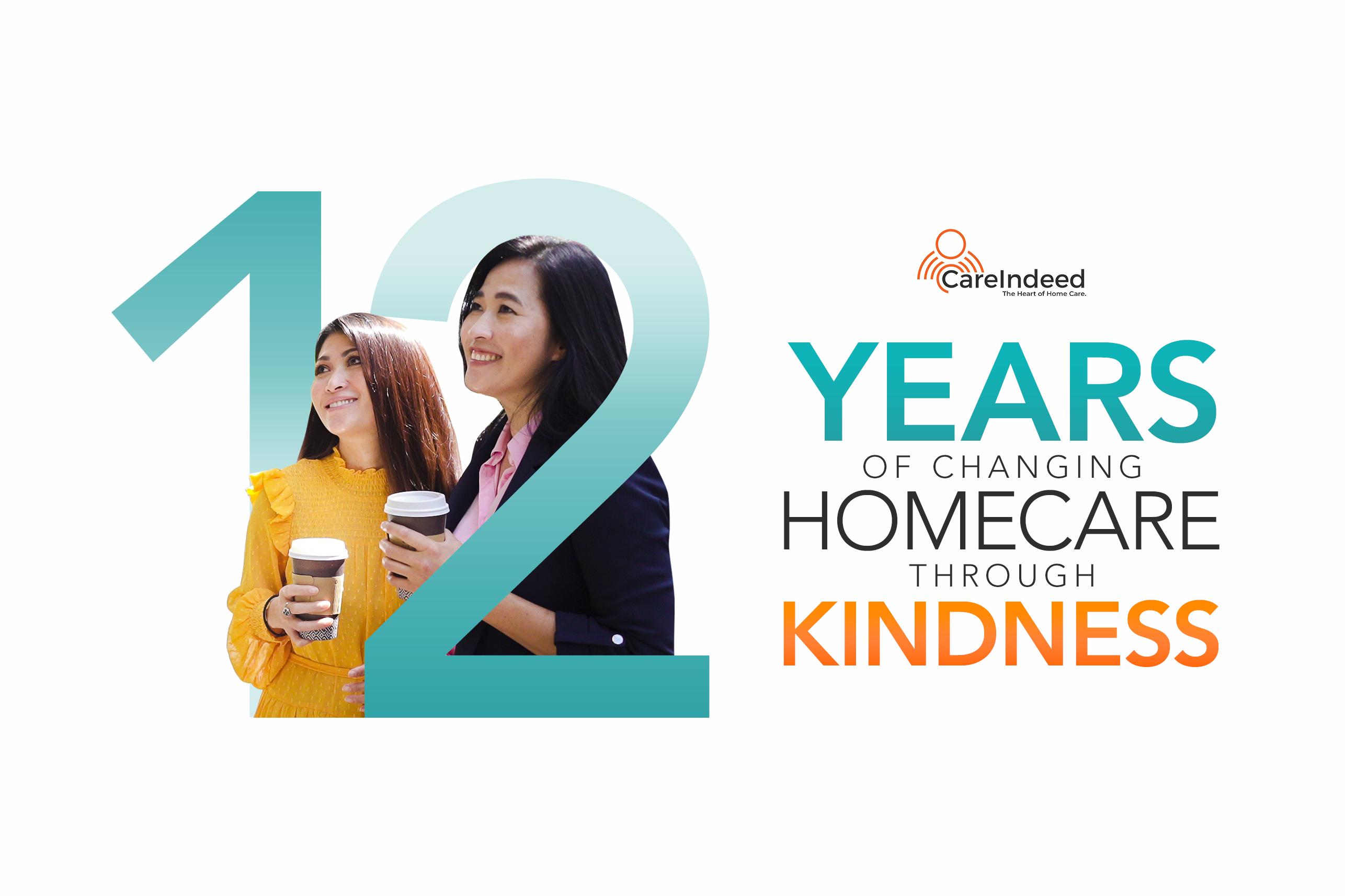
Sleep Enough and Sleep Well
Vanessa Valerio
Health And Wellness
Sep 19, 2022
4 min read
DEAR VANESSA,
I have been having difficulty falling asleep. I sleep less soundly and wake up early in the morning. Do we sleep less as we age? What are the consequences of not getting enough sleep? Thank you.
- JIM
DEAR JIM, Sleep deprivation is a condition that occurs if you don’t get enough sleep. Chronic sleep deprivation may harm health and can be debilitating. The amount of sleep that a person needs varies from one person to another, but on average most adults need about seven to eight hours of sleep each night to feel alert and well rested.
Studies on the sleep habits of older Americans indicate an increase in the time it takes to fall asleep (sleep latency), an overall decline in rapid eye movement (REM) sleep, and an increase in sleep fragmentation (waking up during the night) with age. Older adults tend to become sleepier in the early evening and wake earlier in the morning compared to younger adults. This pattern is called advanced sleep phase syndrome. Sleep is likely to be disturbed in older adults with conditions such as insomnia, snoring, sleep apnea, restless legs syndrome (RLS), and gastroesophageal reflux disease (GERD). In general, people with poor health or chronic medical conditions such as diabetes mellitus, renal failure, arthritis, congestive heart failure, asthma, and chronic obstructive pulmonary disease (COPD), have more sleep problems. Diseases such as Parkinson’s disease and multiple sclerosis also commonly cause problems sleeping. Other factors include anxiety and depression, various drugs and substances, and stress. Lack of sleep can cause decreased performance and alertness, memory and cognitive impairment, reduced quality of life, and falls and accidents. If left untreated, clinical consequences may include hypertension, stroke, obesity, and psychiatric problems. Like food and water, sleep is essential to good health and quality of life.
Try to wake up at the same hour each day and exercise and eat meals at set times. Get sun; it helps regulate the sleep/wake cycle. Talk to your doctor about medications which may be interrupting your sleep. Avoid caffeine, alcohol, and spicy and high-fat foods before bedtime. Stay hydrated throughout the day, but reduce your fluid intake before bed. Healthy sleep is something one should have regardless of age and condition.
- VANESSA
Disclaimer: The information provided is intended to be informative and educational and is not a replacement for professional medical evaluation, diagnosis or treatment by a healthcare professional.
12 Years Of Changing Lives

What Autum Teaches Us About Life




